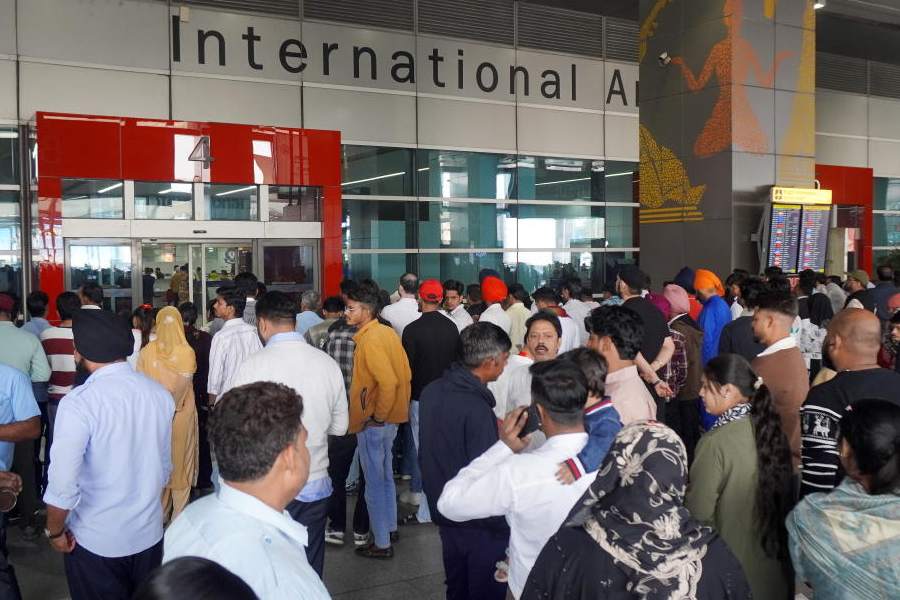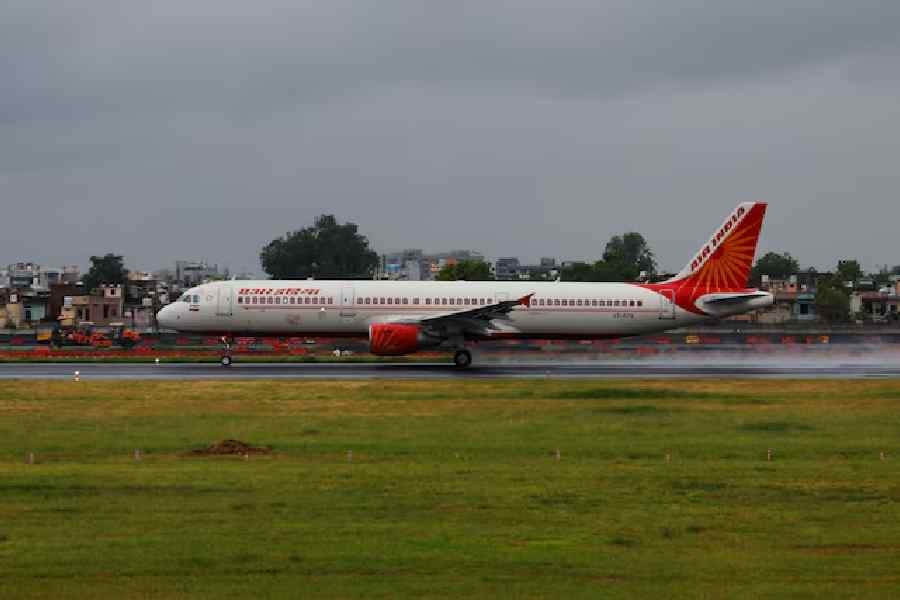Chaos unfolded at Delhi’s Indira Gandhi International Airport (IGIA) on Friday after a major technical glitch in the air traffic control system brought India’s busiest airport to a standstill.
More than 800 domestic and international flights were delayed, and at least 20 were cancelled, leaving thousands of passengers stranded for hours.
The disruption was triggered by a failure in the Automatic Message Switching System (AMSS), a core system that processes flight plan data for air traffic controllers.
The issue, which was first detected on November 6, paralysed flight operations for most of Friday.
“The OEM (Original Equipment Manufacturer) was engaged, and additional staff were deployed to manually process Flight Plans for the Air Traffic Control system to ensure uninterrupted and safe air traffic operations immediately. A team of ECIL officials and AAI personnel is still on site. The AMSS systems are up and functional now. Due to some backlogs, there may be some delays in the normal functioning of automated operations, but the situation will be normal soon,” the Airports Authority of India (AAI) said in a statement on X.
The AAI confirmed it had “addressed the technical issue in the Automatic Message Switching System (AMSS), which caused delays in processing flight plan messages.” But normalcy is still being restored, with manual flight data entry continuing late into the evening.
At the height of the crisis, long queues formed across terminals, passengers flooded boarding gates, and confusion reigned as airlines struggled to provide updates.
“There were long queues near the boarding gates, and hundreds of passengers were waiting inside the airport terminals for flight updates,” sources said, reported PTI.
With the automated system down, controllers reverted to manual operations. “There were some issues with the AMSS that provides the information for the Auto Track System, which gives the flight plans,” said a source familiar with the matter.
According to flight-tracking platform Flightradar24, over 800 flights faced delays, with departures running nearly 50 minutes late on average. The airport, which handles over 1,500 flights daily, saw its schedules collapse in a matter of hours.
The crisis extended beyond Delhi.
Mumbai’s Chhatrapati Shivaji Maharaj International Airport (CSMIA) issued an advisory warning that “Flight Operations at Mumbai Airport being affected by a technical issue impacting the Automatic Message Switching System (AMSS) at Delhi, which supports Air Traffic Control flight planning. The concerned authorities are actively working to resolve the issue at the earliest.”
The post was later deleted. Similar alerts were issued by airports in Jaipur and Lucknow.
Major airlines including IndiGo, Air India, SpiceJet, Air India Express, and Akasa Air all reported flight delays, prompting passenger complaints across social media.
The AAI said additional manpower had been deployed to manually process flight plans “to ensure continuity and safety of air traffic control operations without disruption.”
Officials from Hyderabad-based Electronics Corporation of India Ltd (ECIL) were flown in to assist with repairs.
Except for the headline, this story has not been edited by The Telegraph Online staff and has been published from a syndicated feed.











